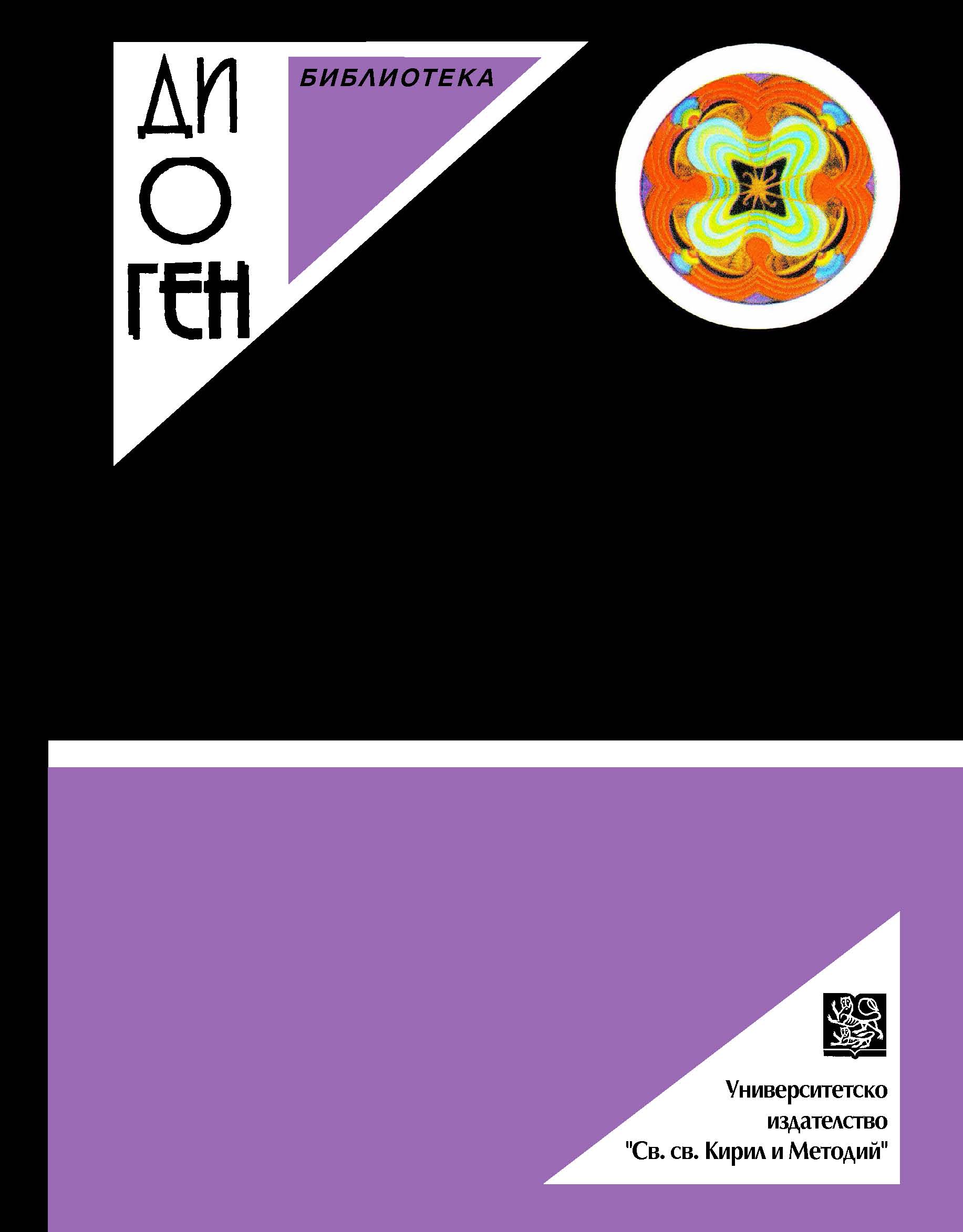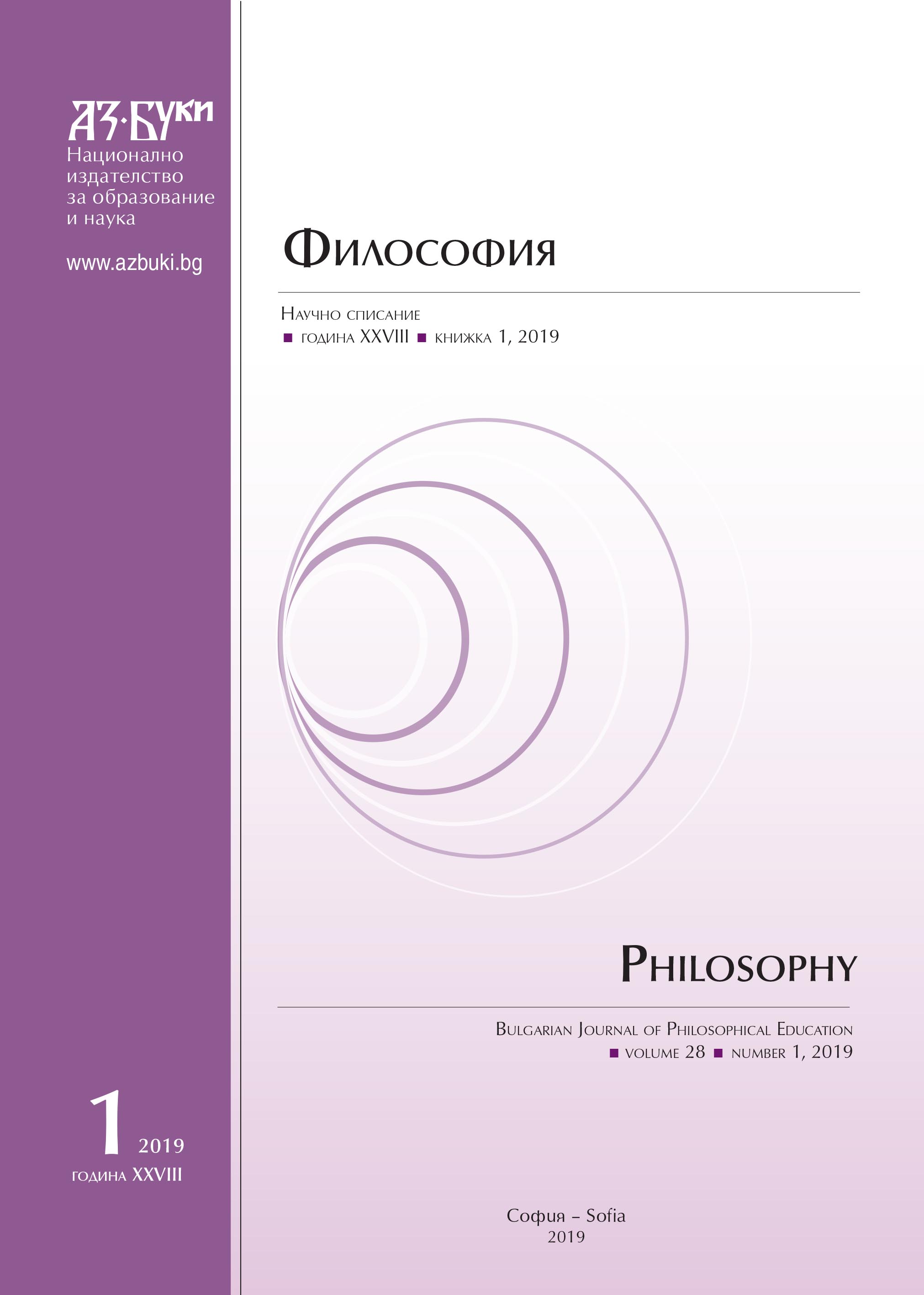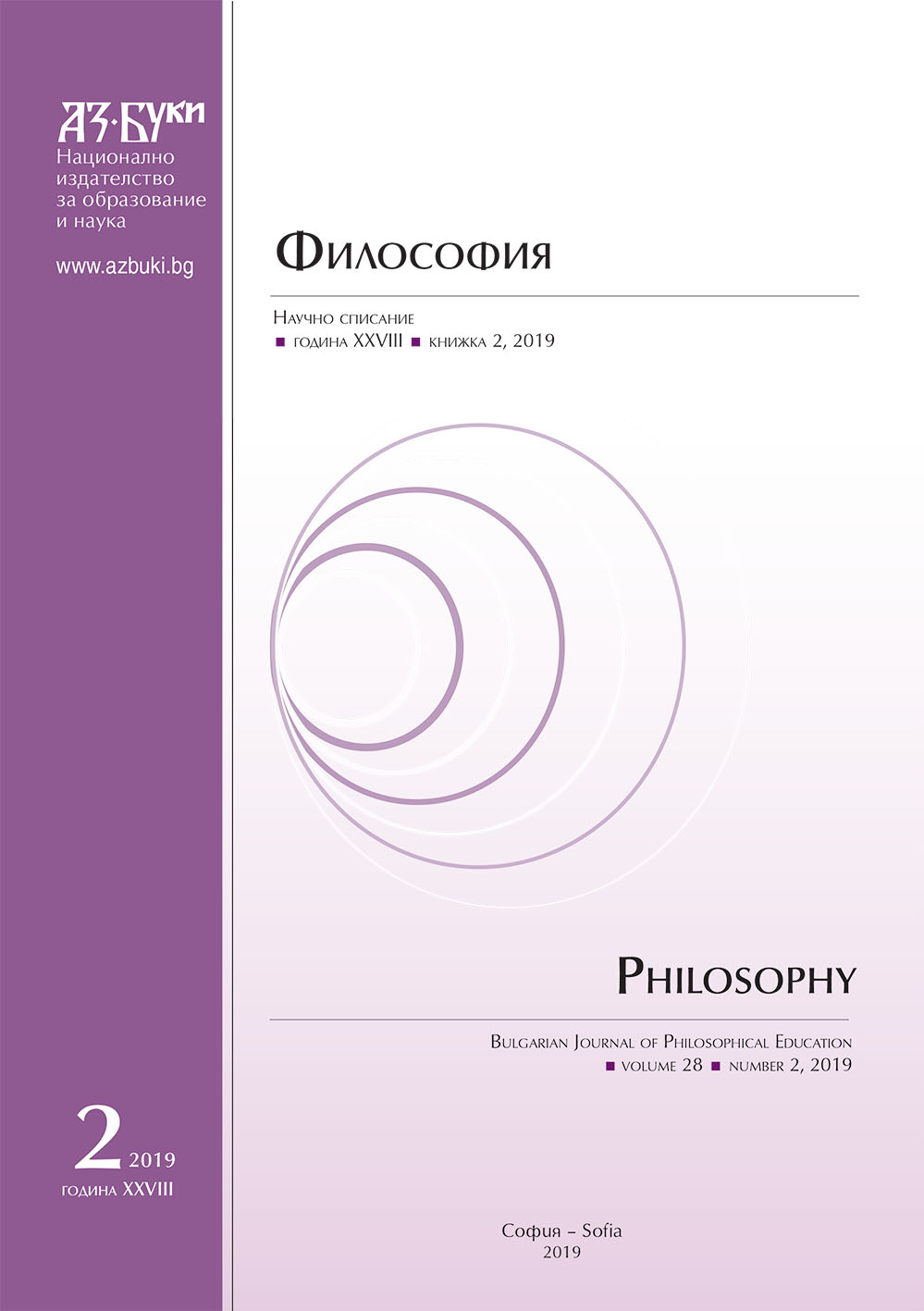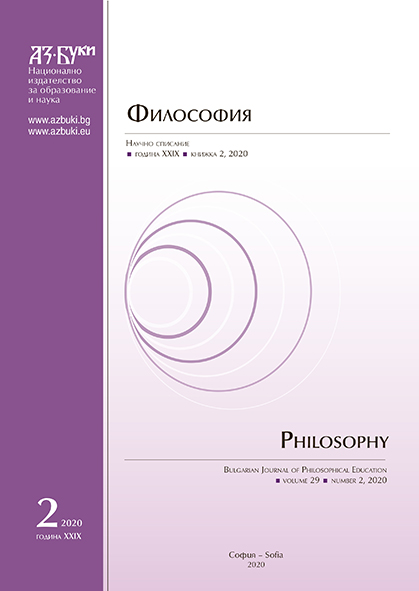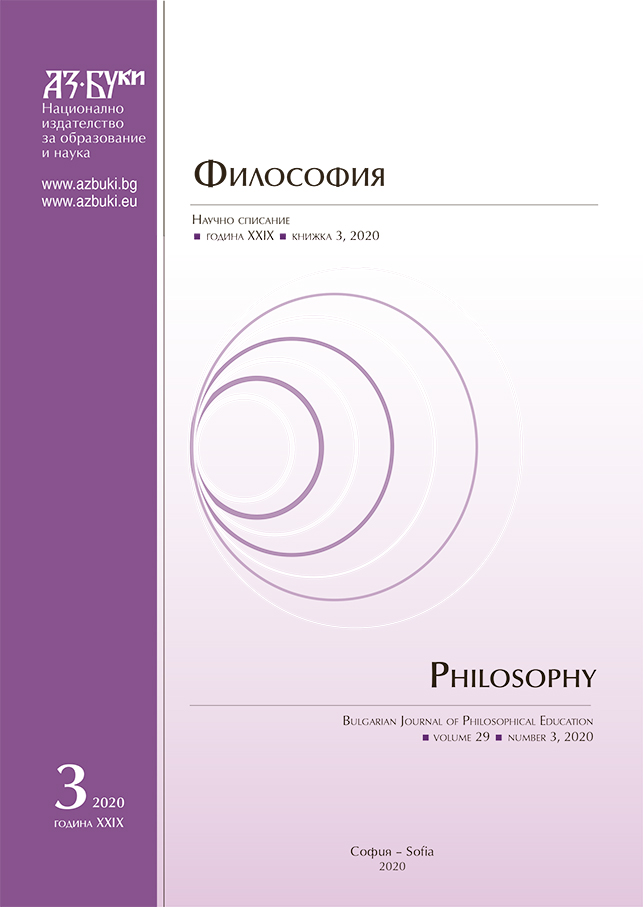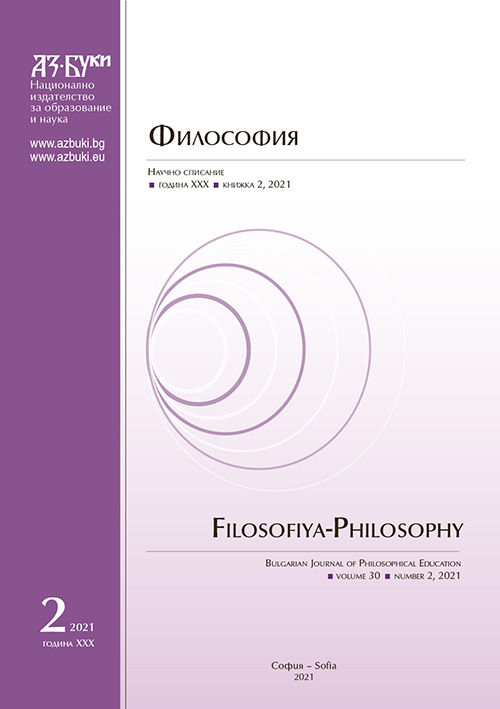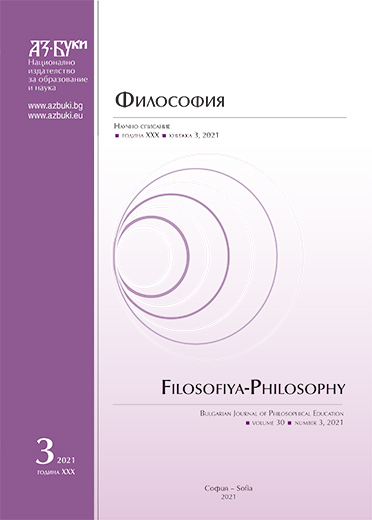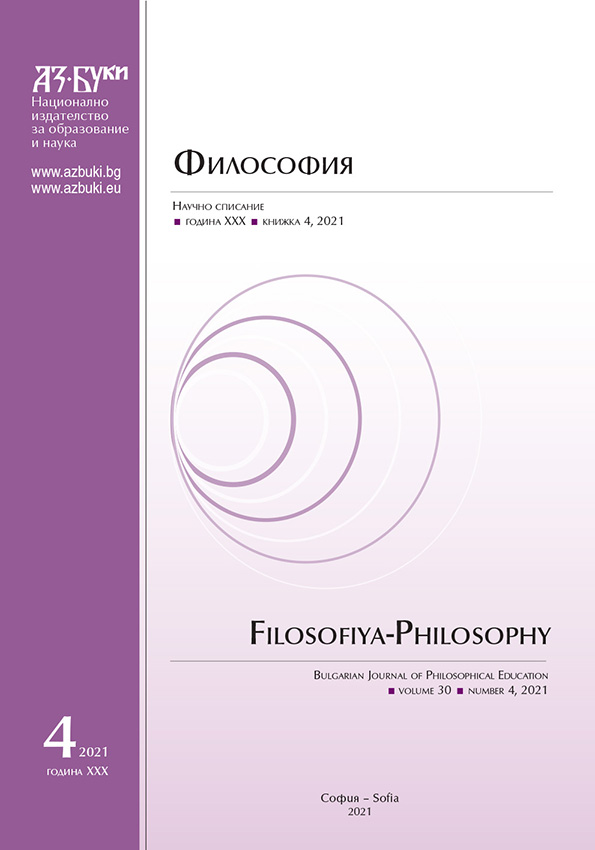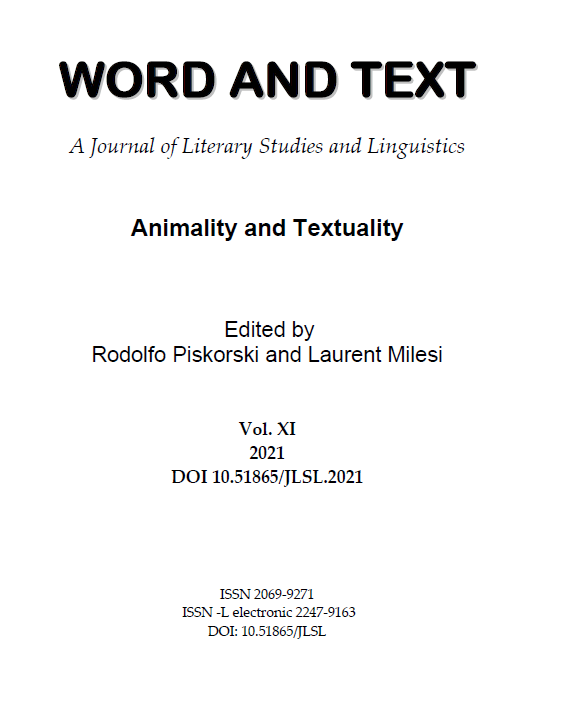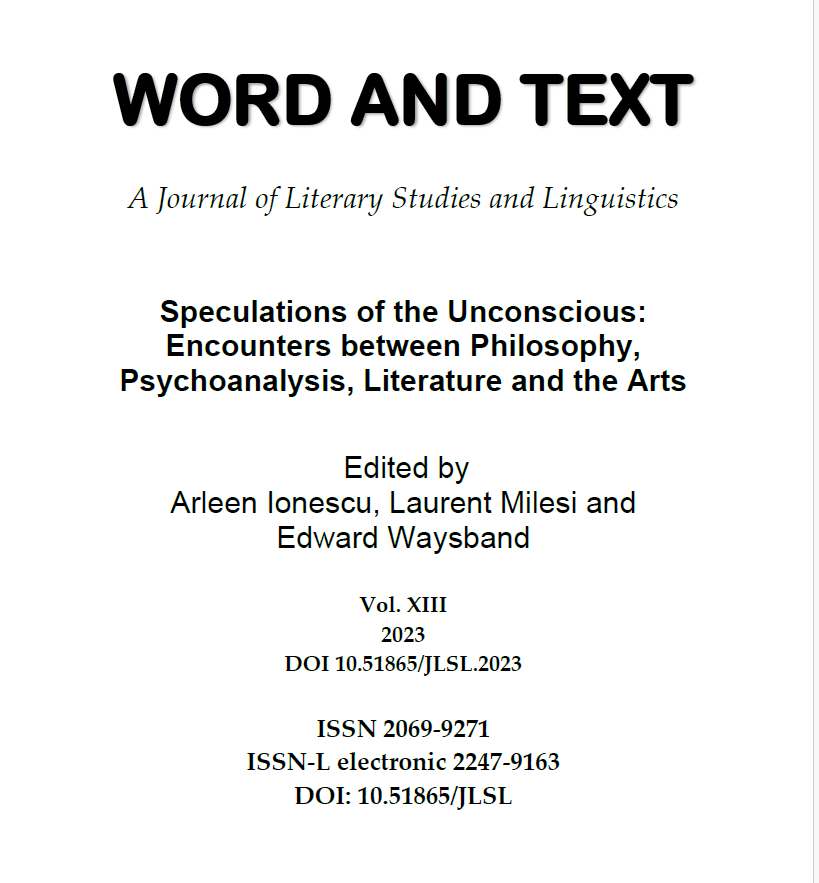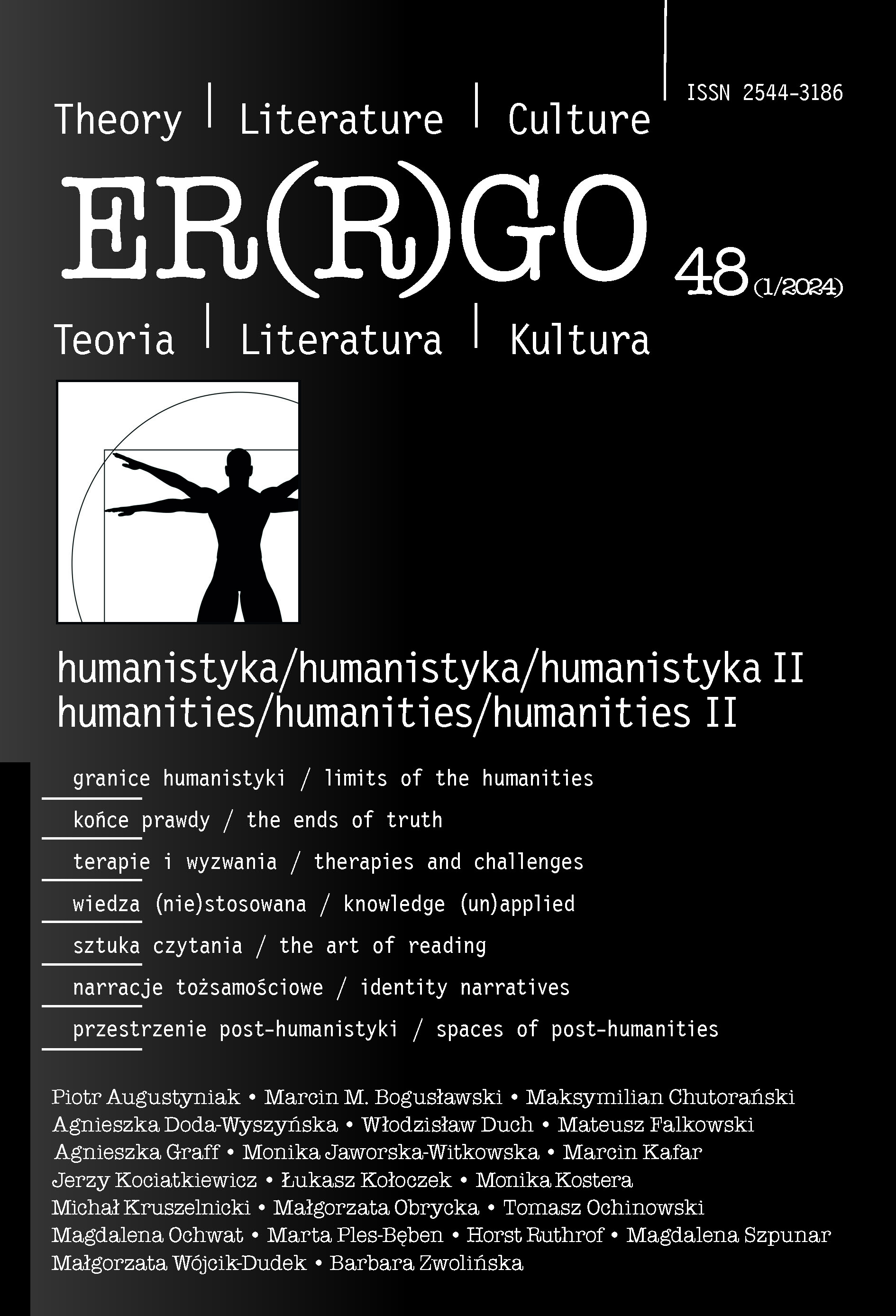Author(s): Assen I. Dimitrov / Language(s): Bulgarian
Issue: 2/2020
Kanawrow's anthropology traces the transcendental-phenomenological path of the formal-rational construction of human being. It is constructed by virtue of the creative activity of thinking and is not identical with the immediate existence of man as a natural, rational and social being. The pure form of thinking (reason) rationally formats the givenness of the immediacy of man, as the synthetic unity of the obtained result is ontologically presented as being of man. Two points are critically important. First, the immediate existence of man as a natural, reasonable and social being is not obliterated or destroyed. It is a permanent basic prerequisite that unendingly and sustainably accompanies human existence. Second, in the critical version, the rational formatting takes place not directly and brutally, but indirectly, transcendentally, through phenomena. On the a priori-posterior portal, phenomena (transcendental schemes, Kant) are born. They are not equivalent to experiences. In the field of experience, phenomena mediate and exert cognitively and ontologically the constructive power of reason. Many phenomena make up the transcendental and the process of transcendentalization. According to Kanawrow, transcendental phenomena are space-time-number, love, language, politics, freedom and religion (other phenomena may be revealed, as well). They have a spontaneous occurrence in the a priori-posterior transition of pure thinking and a playful manifestation in the field of experience. In this transcendental-phenomenological way, based on the immediate givenness of man (natural being, gender, emotions, communication, cohabitation, consciousness, faith, etc.), Kanawrow shows how reason ontologically builds human being as an organism, family, people, state, spirit , church and more. In this ontological typicality, one is simultaneously a body, husband/wife, individual, citizen, personality, layman, etc. According to Kanawrow, the unity of these modes of being of man is the Self. It is a synthetic philosophical picture of man that is alternative to his existence.
More...
